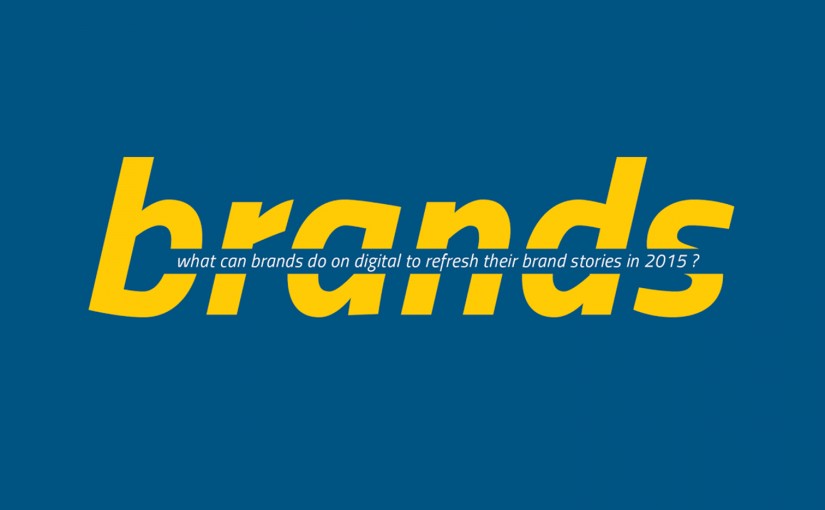Drop us a few lines about the task and we will get back immediately to see we how we can take the discussion forward. Alternately, just pick up the phone and speak with us at +91 9910034330 and we would be happy to help.
- - Do tell us a little about the nature of your business.
- - Be specific about what you’d like us to help you with.
- - Knowing your budget always helps us plan a suitable intervention.
- Blog
Does your Company have a Social Media Policy yet?
-
Does your Company have a Social Media Policy yet?
Infosys will be one of the first organizations in India to roll out a set of guidelines next month for employees who participate on social media sites like Facebook and Twitter. The idea is to make employees accountable for their comments on social media and ensure that no confidential content and details are being leaked out on public forums.
As much as some organizations might want to ignore this, social media is something which is prevalent both at work and at home. And this really cannot be ignored. Many Indian companies have taken the route by banning social media sites on their network. You really can’t blame them but banning these sites is not a solution either.
With corporate social media policy becoming a growing hot topic, I thought it might be a good idea to delve into this a little further and see what’s happening globally on this front.
In a highly publicised case earlier this month, Octavia Nasr, CNN’s Senior Editor of Middle Eastern affairs shared a Tweet with her followers that expressed respect for the Shi-ite cleric Grand Ayatollah Mohammed Hussein Fadlallah. Octavia was asked to resign.
It is evident that social media policies are more important than ever today. It is becoming critical for organizations to set the foundation for social media interaction and engagement for employees by –
- Training employees on when to engage, how to start conversations, what to share, what not to say, tonality, etc.
- Training employees on the effect of social media on their brands
- At the same time empowering employees to tweet, update and blog
Some of the big global brands have already paved the way and published policies that we could learn from. A few examples include Intel, Kodak, IBM, Zappo, Walmart and CNN .
Intel, has their social media guidelines published online. The guidelines clearly outline what an employee should keep in mind while engaging on social forums and social networking sites and how to handle content moderation. However the most important aspect of this document boils down to employees following the Intel Code of Conduct and the Intel Privacy Policy, something all employees are expected to adhere when they join the organization in offline mode.
IBM is another brand which shares its social computing guidelines online. They mention that the document is work in progress and will keep evolving as new technologies and social networking tools become available. In 2009 Kodak developed a social media policy for Kodak employees that is now available online for people to download and refer too. Their team from marketing, information systems, legal, and corporate communications put these ‘rules’ together. A must read for people on how they could get started with their company social media policy.
The pertinent question that remains is how will organizations like Infosys monitor employee interactions and conversations online? Of course taking this step, is the way forward but there is no perfect framework. Like global brands which have social media policies for their employees, Indian brands too will have to cross many hurdles, learn from mistakes to be able to create a robust framework which again will always be work in progress.
It would be great to hear your thoughts on this and if you have any examples of brands having social media policies, we ‘d love to hear about them.
Disclaimer: Views of authors are personal and do not represent the views of Blogworks, or any of its clients.
-
Contact
conversations@blogworks.in
+91-9910034330 -
Newsletter
-
Social

























